T4K3.news
Transgender athlete policy under legal challenge
Evie Parts sues the NCAA and Swarthmore over removal from the track team amid a policy change
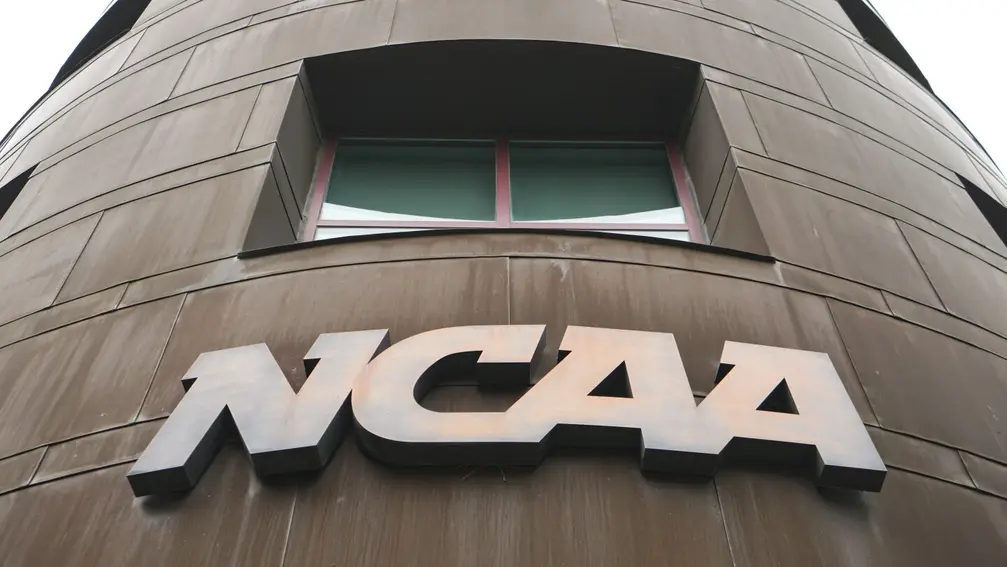
Evie Parts filed a lawsuit against the NCAA and Swarthmore College alleging wrongful removal from the track team due to her transgender status.
Transgender runner Evie Parts sues NCAA Swarthmore College
Evie Parts filed a federal lawsuit in Pennsylvania naming the NCAA, Swarthmore College, and several athletic department staff. She says they removed her from the women’s track team after the NCAA announced a new policy restricting transgender athletes from competing in women’s sports. Parts contends the NCAA ban has no legal grounding because the organization is private and not bound by state law or Title IX.
The complaint describes how she was told she could compete with the men’s team or as an unattached athlete, and that she would receive medical treatment only if she joined the men’s team. It says she was not allowed to travel with the team, had to pay her own way to meets, and could not wear Swarthmore gear. The suit also claims Swarthmore officials were involved in implementing the policy. Parts was later reinstated to the women’s team in April and went on to win the 10,000 meters at the Bill Butler Invitational.
The case comes as Pennsylvania lawmakers consider a bill to ban transgender athletes from women’s sports in colleges and K-12 settings. It highlights a broader clash between gender inclusion efforts and athletic policy made by private associations.
Key Takeaways
"We stand by the allegations in the complaint"
Statement from Susie Cirilli, attorney for Parts
"The NCAA is a private organization that issued a bigoted policy"
Cirilli commenting on the NCAA policy
"Swarthmore College chose to follow that policy and disregard federal and state law"
Cirilli on Swarthmore’s actions
"Parts was told she could compete with the men’s team or as an unattached athlete"
Details of the complaint
The lawsuit underscores a core tension in college sports: who writes the rules for inclusion and who enforces them. When a private body like the NCAA issues a national policy, questions arise about jurisdiction and the balance between federal guidelines and school-level decisions. The case could test how campuses implement national policies without triggering legal protections for athletes under Title IX.
At the same time, the dispute reveals how athletic departments respond to high profile policy shifts. Reinstatement in Parts’s case signals that campus administrators may recalibrate during legal scrutiny, but the process also risks creating a patchwork of rules that differs by school. The outcome may shape how colleges handle transgender athletes and how it affects student wellbeing and performance.
Highlights
- Private policy, public harm
- Fair play needs room for every athlete
- Policy should enforce inclusion not silence it
- This is a test of who sets rules for fairness
Legal and political sensitivity around transgender athlete policy
The case involves gender identity, campus policy, and potential backlash from different stakeholder groups. A ruling could affect how schools implement private association policies and respond to political pressure.
The case tests which rules govern sport, identity, and fairness on campus.
Enjoyed this? Let your friends know!
Related News
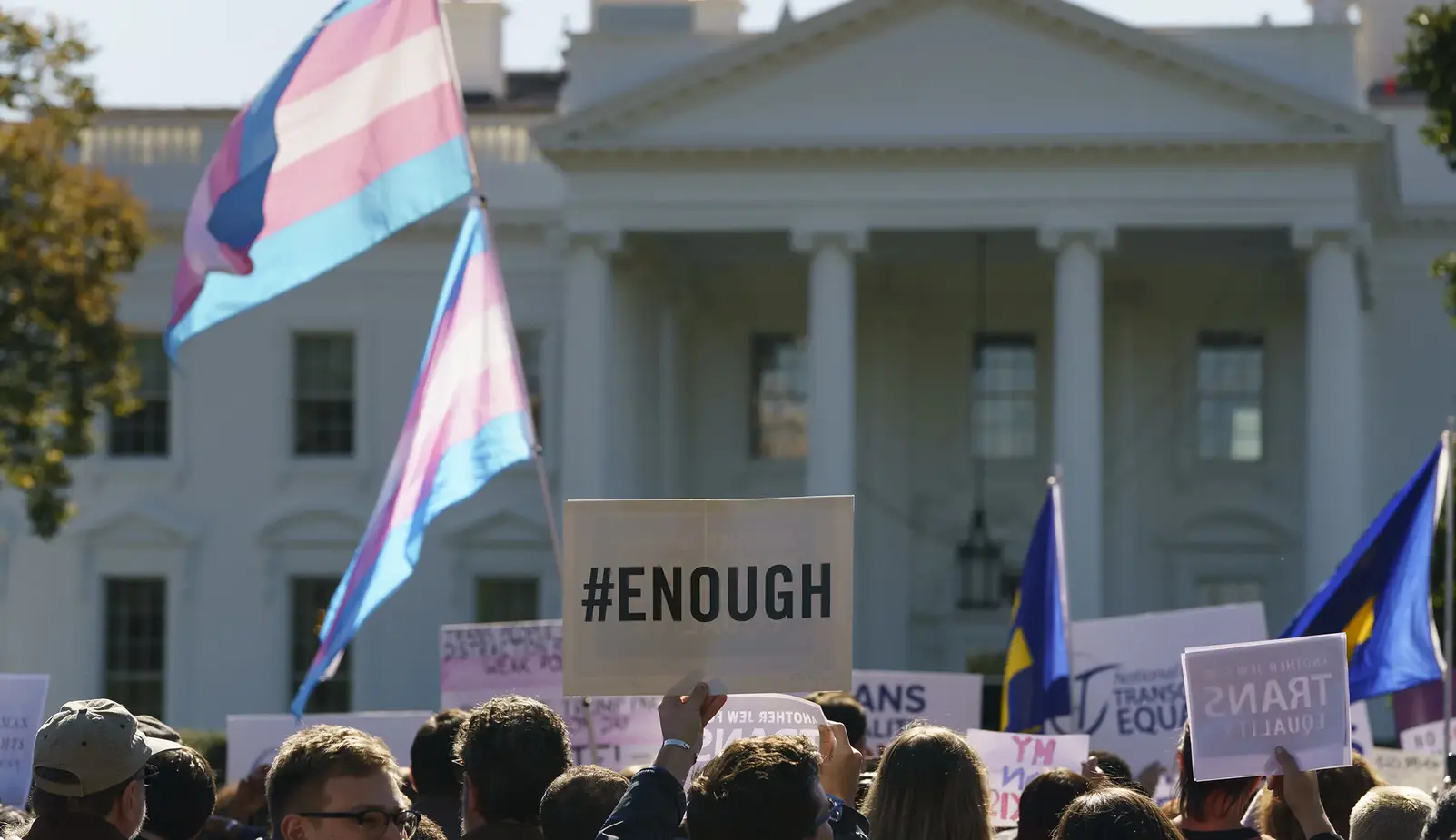
Biden's Title IX changes face legal challenges
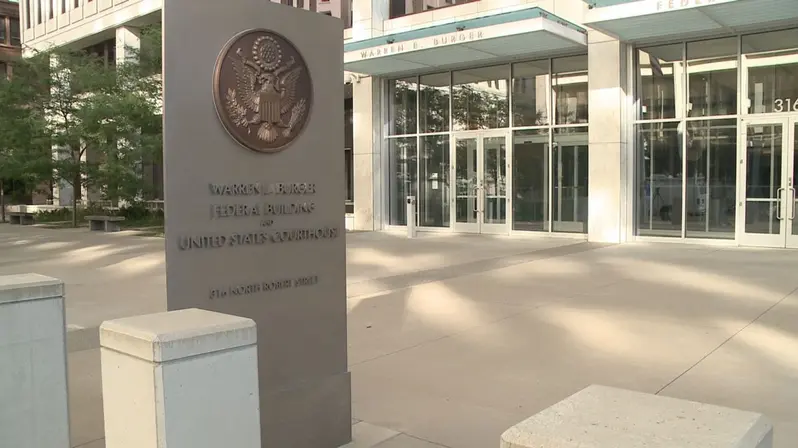
Minnesota transgender athlete lawsuit updates

Scottish ministers face legal action over policies

Scottish gender ruling prompts new legal challenge to school and prison policies

Trans judge seeks rehearing after ruling on biological sex
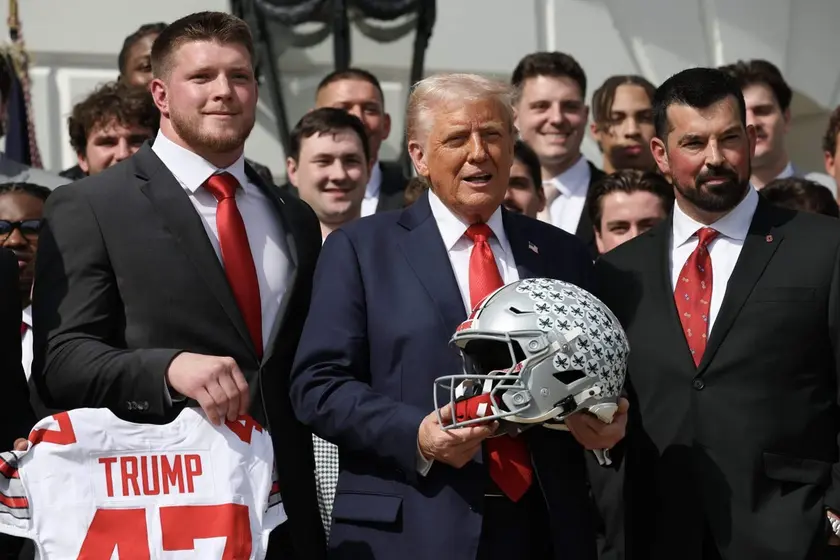
Trump signs executive order on college sports
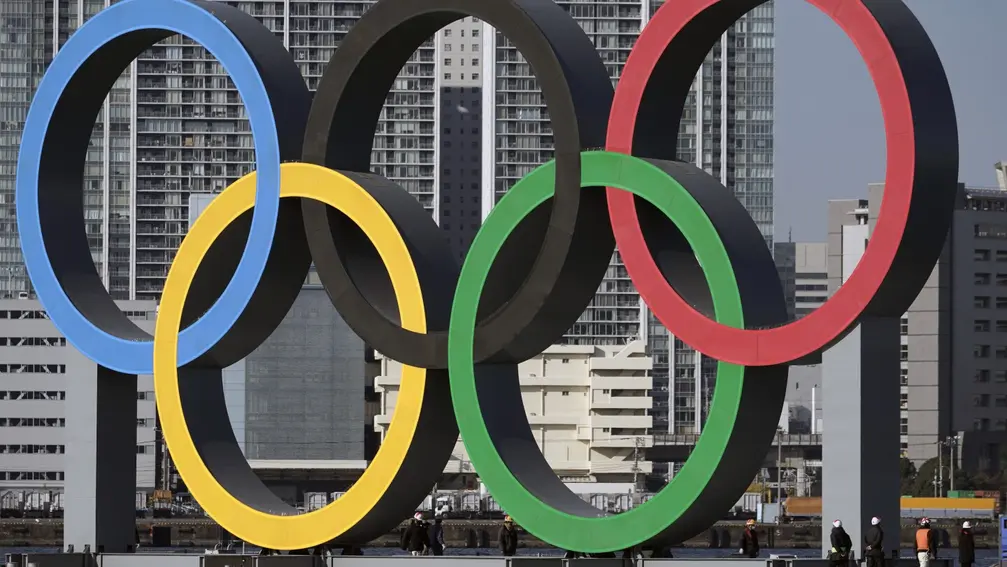
US Olympic Committee announces ban on transgender women in women's sports

Trump issues order affecting NCAA athletes
